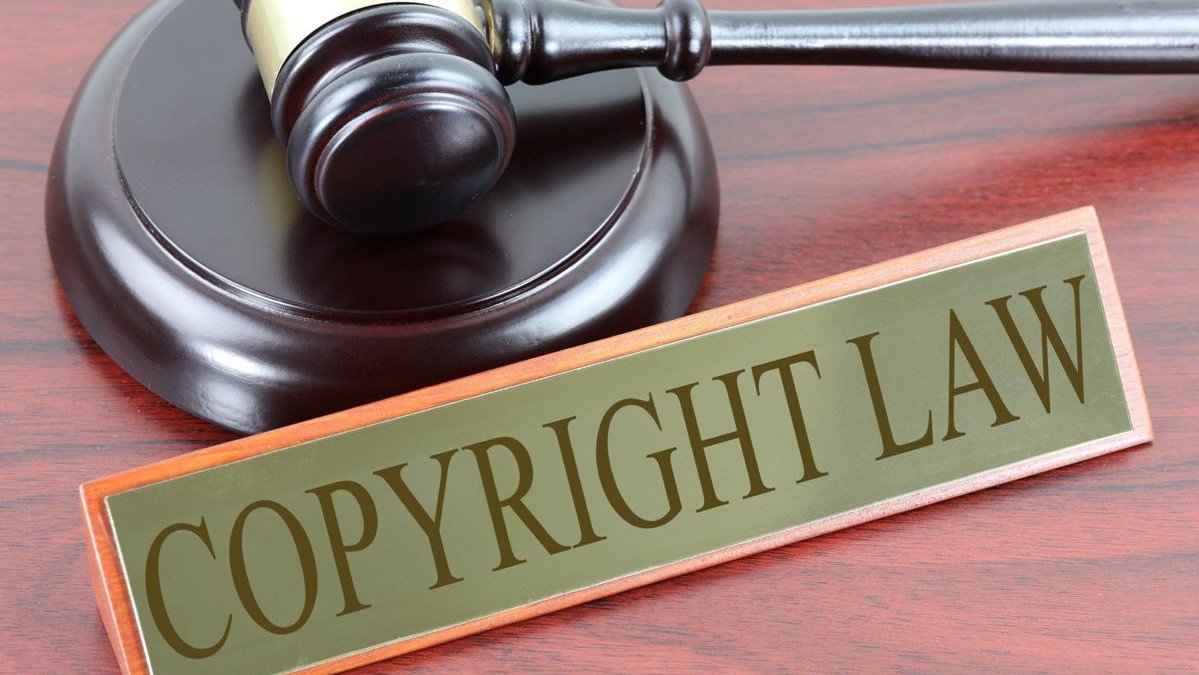

The concept of copyrights in Nepal has yet to be implemented despite the fact that there is Copyright Act 2002. But before we move to the depths of it, let’s understand what Copyright really is, it is a legal term that describes the right given to the creators. It is the legal protection extended to the owners of the rights in an original work which they have created.
Copyright provides exclusive rights to the creators to use or to authorize to use their works. The definition of copyright may differ from country to country according to the country’s legislation. In the Nepalese context, the existing Copyright Act, 2002 provides the exclusive rights to the creators/authors on their creations which includes moral and economic rights which are the exclusive rights protected by law.
According to the act, Copyright includes:
1. Literary works
• Novels, Stories and Poetical Works.
• Text books, Articles, Essays and Biographies.
• Encyclopedias and Dictionaries.
• Letters, Reports and Memorandum.
• Tables and Compilations.
• Thesis and pamphlets.
2. Artistic works
• Paintings, Sculptures, Drawings, Engravings & Photographs.
• Work of Architecture, being either buildings or models of building,
• Work of Craftsmanship: 3 Musical works, 4 Dramatic and choreographic works, 5 Audio visual works/ Film and multimedia, 6 Computer programs etc.